Photo credits: The NAACP
Enolia Pettigen McMillan (October 20, 1904 – October 24, 2006) was an African American educator, civil rights activist, and community leader.
She was the first woman to become the national president of the NAACP. Born Enolia Virginia Pettigen in Willow Grove, Pennsylvania, the daughter of Elizabeth Fortune Pettigen and John Pettigen, a former slave. The family moved to Maryland in search of improved educational opportunities when she was eight.
Enolia Pettigen attended Frederick Douglass High School in Baltimore, Maryland, and later Howard University in Washington, D.C. with the help of a scholarship from Alpha Kappa Alpha and graduated with a Bachelor of Arts in education in 1926.
She became a teacher in 1927 in Caroline County, Maryland teaching at Denton High School. In 1928, she became a principal in Charles County. McMillan received a master’s degree in 1933 from Columbia University.
During her master’s education, she began to question the Maryland public education system and used the topic for her master’s thesis entitled Some Factors Affecting Secondary Education for Negroes in Maryland Counties (Excluding Baltimore).
The thesis attacked Maryland’s racist dual school system in the 1930s. She found that the system provided unequal school terms, salary scales, and curricula. These effects of segregation prompted her to become President of the Maryland State Colored Teachers’ Association and as Regional Vice-President of the National Association of Colored Teachers.
On Dec. 26, 1935, she married Betha D. McMillan, Sr. They had a son, Betha McMillan Jr., in 1940. After the 1954 Brown v. Board of Education ruling outlawing segregated public schools, she was one of the first Black teachers at a White school. She retired from teaching in 1968.
In 1969, she defeated Juanita Mitchell, becoming president of the Baltimore Branch of the NAACP. During her presidency, the National Office was threatened with bankruptcy through legal proceedings against it in connection with a 1966 boycott of white merchants in Port Bigson, Mississippi in 1976.
She launched a fundraising drive to help defray expenses and her efforts resulted in the Baltimore Branch raising the largest local contribution of $150,000. This money also helped the NAACP to purchase the Baltimore building.
In 1984, she became the first elected woman national president of the NAACP and held the position until 1990. The role at the time was largely ceremonial, but McMillian had considerable influence in the organization’s policies and operations.
Along with former NAACP Executive Director Benjamin Hooks, she is credited with organizing the organization’s move from New York to Baltimore in 1986. She was an outspoken critic of the Reagan Administration.
She felt Reagan’s policies harmed the NAACP’s advocacy efforts in housing, education, employment, and business. During her tenure, she also helped Black businesses get federal contracts. In 1985, she led a protest against the apartheid in Washington.
In 1975, she was named the first female chair of the board of regents at Morgan State University. McMillan died on October 24, 2006, in Stevenson, Maryland from natural causes. It was just four days after celebrating her 102nd birthday.
She is buried at King Memorial Park in Baltimore.
*The majority of this page’s content is sourced from a Wikipedia article. The contents are available under the CC BY-SA 4.0 license.





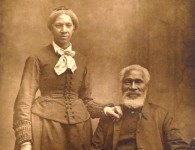


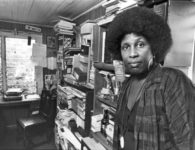

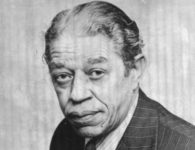

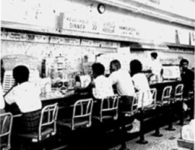

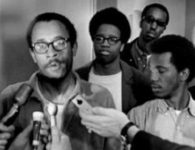


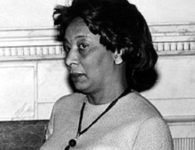

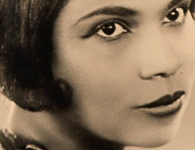

No comments